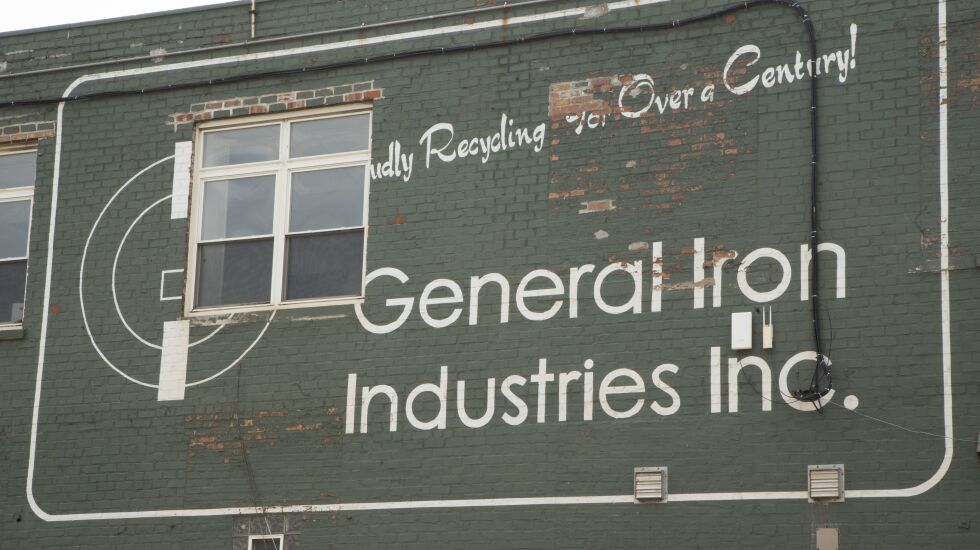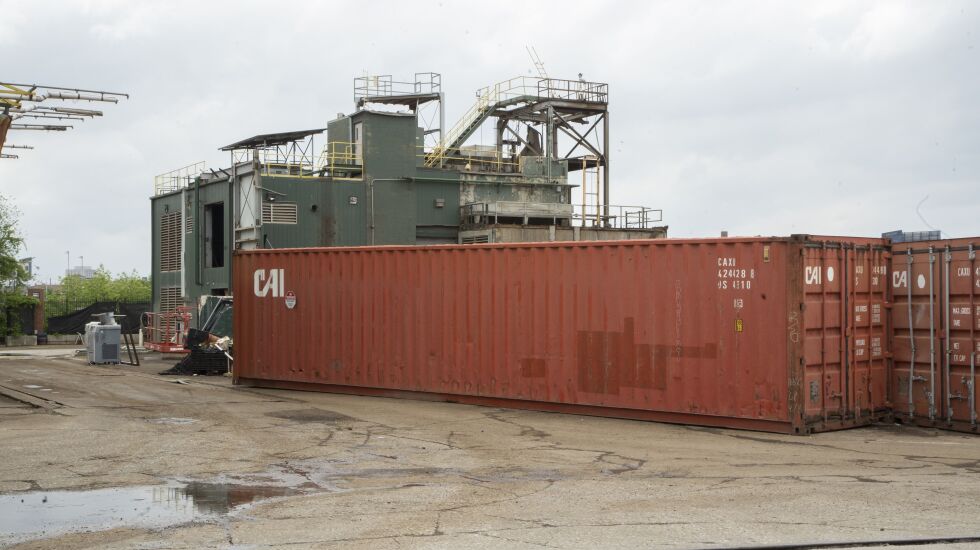
A controversial scrap-metal operator claims in a legal filing that Mayor Lori Lightfoot was politically driven to ignore the city’s own rules and deny the controversial business a permit to open earlier this year — almost a year after it was told officials were “days away” from approving it.
In rejecting the operating permit for Southside Recycling in February, the city made a decision that was a “result of bad faith, bias and/or improper political influence,” lawyers for the business say in a recent filing with the city’s Department of Administrative Hearings.
Reserve Management Group wants the decision reversed, but would first like to force the city to turn over records of emails and other documents as it builds its case against the Lightfoot administration. The case claims the mayor’s office illegally denied the permit for the business formerly known as General Iron after it was relocated and rebuilt at East 116th Street along the Calumet River.
Reserve Management lawyers will argue their case for the release of documents before a city administrative hearing judge on Monday.
Specifically, they want to know how the city determined how additional reviews for the business, including a health impact analysis, were necessary before issuing the permit and why such procedures aren’t required of other businesses in Chicago, including competitor Sims Metal Management in Pilsen.
A several-years uproar over the business’ planned move to a working class, Latino-majority community from the North Side resulted in many protests, including marches and a monthlong hunger strike. Federal housing officials opened a civil rights investigation and the head of the U.S. Environmental Protection Agency stepped into the dispute.
The company also argues that it passed other requirements set by the city and the state, including air pollution modeling. Southside Recycling was picked by the city as “a guinea pig for its unannounced new initiatives” related to health and the environment, the filing said.
After agreeing to buy General Iron in 2019, Reserve Management signed an agreement with the Lightfoot administration to close the scrap metal and car-shredding operation’s longtime Lincoln Park location at the end of 2020. Much of the manufacturing that formerly dominated the area along the North Branch of the Chicago River was being redeveloped. After the February permit denial, a Reserve Management affiliate applied to reopen operations in Lincoln Park, but the city rejected the plan and a separate hearing on that denial is set for July 14.
Reserve Management said that it appeared that the shredding operation was heading toward approval last year. In fact, a city lawyer told the company on March 31, 2021, that the Chicago health department was “days away” from issuing a draft permit, the filing said. The lawyer’s name was not disclosed and the city is not commenting on the case. Reserve Management also declined to comment.

The intervention of EPA Administrator Michael Regan in May of last year lengthened the permit application process. Regan asked Lightfoot to conduct a study to determine if another polluting business on the city’s heavily industrial Southeast Side would be overly burdensome to public health. The company wants to see correspondence between Regan and Lightfoot.
At an initial administrative hearing last month, city lawyer Bradley Wilson said City Hall would be willing to turn over some documents and argued that the reasons for the denial were laid out in public documents.
Administrative law judge Mitchell Ex asked the two sides to work out an agreement on the release of records.
Brett Chase’s reporting on the environment and public health is made possible by a grant from The Chicago Community Trust.







